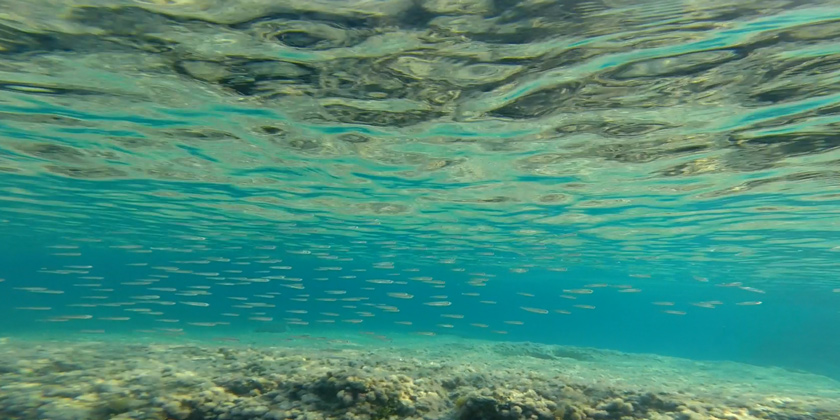Ecosystems

Understanding and protecting water ecosystems better
Bodies of water are more than just sources of drinking water for humans. They cool our cities and protect against flooding, they are used for energy production, fishing and shipping and are valuable recreational areas. They are just as important for nature. However, our activities are putting rivers, lakes and groundwater under pressure. Eawag’s research contributes to a better understanding, to sustainable management and to better protection of aquatic ecosystems.

Complex habitats
Aquatic ecosystems are characterised by certain chemical and physical properties. A complex interplay of different factors such as water temperature, flow conditions, oxygen and nutrient content or pH influence the processes of life in bodies of water. Eawag is investigating the consequences of pollutant inputs, increased hydropower utilisation, dams and man-made climate change on natural conditions and cycles in aquatic ecosystems.
Understanding how biotic communities react
Not only fish, crabs and mussels are at home in bodies of water. Many birds, some mammals and numerous insects that spend the larval stage in the water also colonise this habitat. They are part of a food web that extends far beyond the bodies of water. Biodiversity in aquatic ecosystem is therefore of great importance - and it is endangered. Eawag is researching the impact of invasive species such as the quagga mussel, pollutants such as pesticides or medicinal products and other environmental stressors on biotic communities.


From measurement to impact monitoring
In order to better protect them, we first and foremost need reliable data on aquatic ecosystems. Eawag is developing and testing various methods for analysing the status of bodies of water and the life in them. Satellite data, environmental DNA, an experimental pond facility and various measuring instruments are used for this purpose. The measurement data serve as a basis for models that can be used to estimate the future development of aquatic ecosystems. The findings are incorporated into concepts for sustainable aquatic management or river revitalisation and are also used to monitor the effectiveness of existing measures.
Publications for practice
Research projects
Network
We work together with a wide variety of partners.

The FOEN Water Division is responsible for the protection of surface water, groundwater and drinking water.
Scientific publications
Cover picture: Eawag researchers Anita Narwani, Marta Reyes and Joey Bernhardt take water samples from one of the experimental ponds of Eawag (Photo: Thomas Klaper).





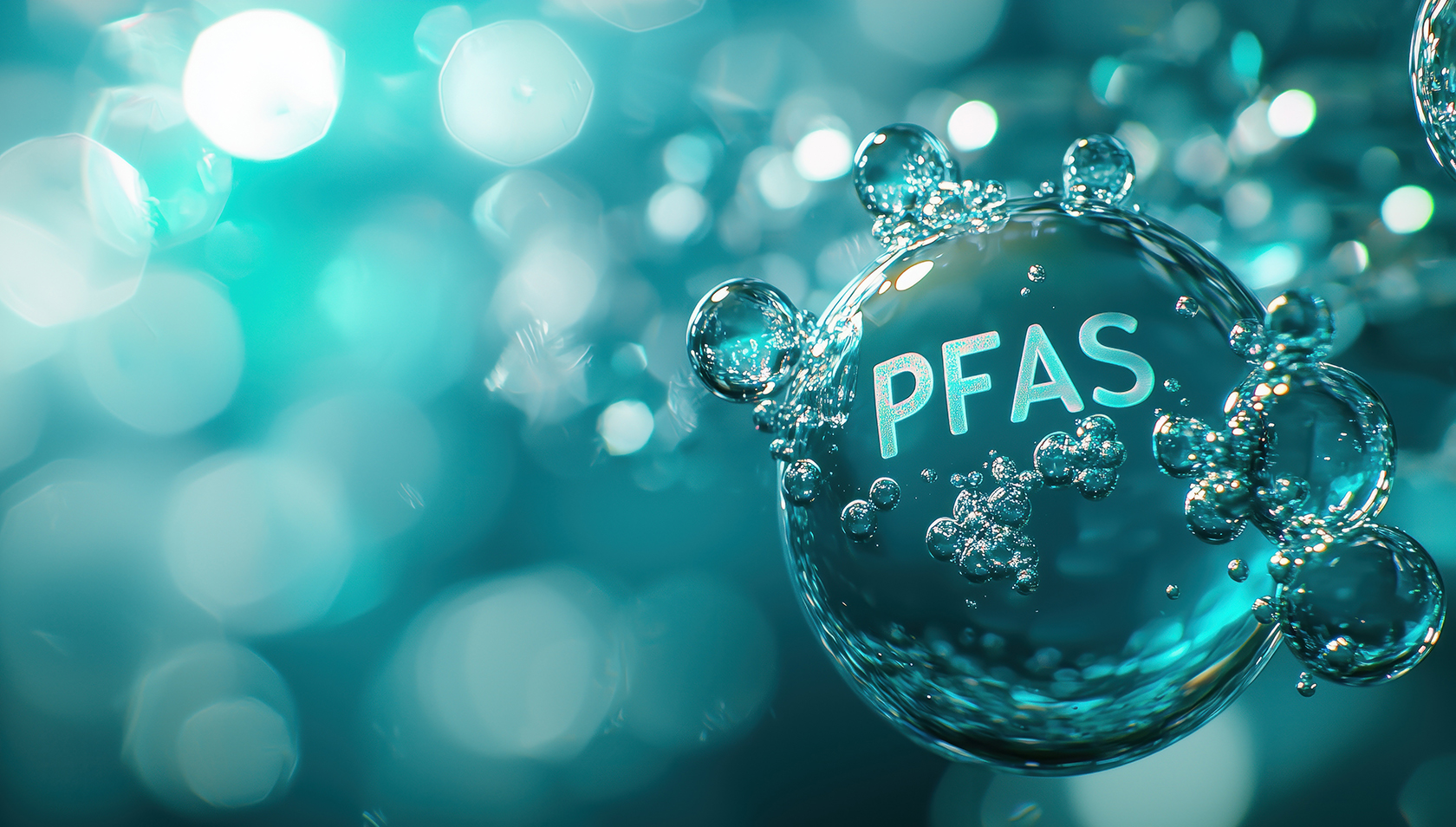



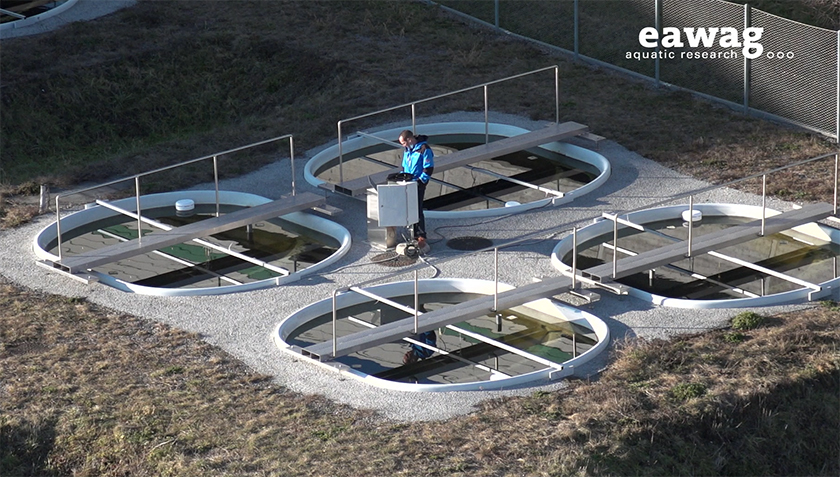

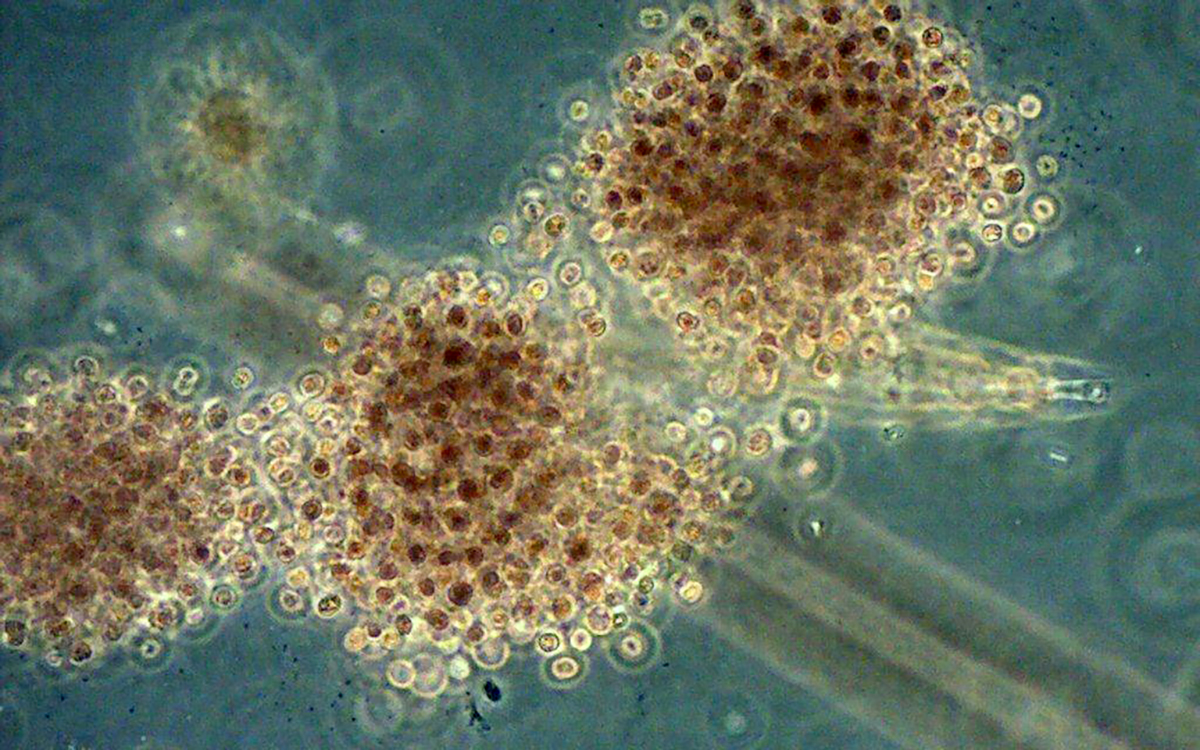






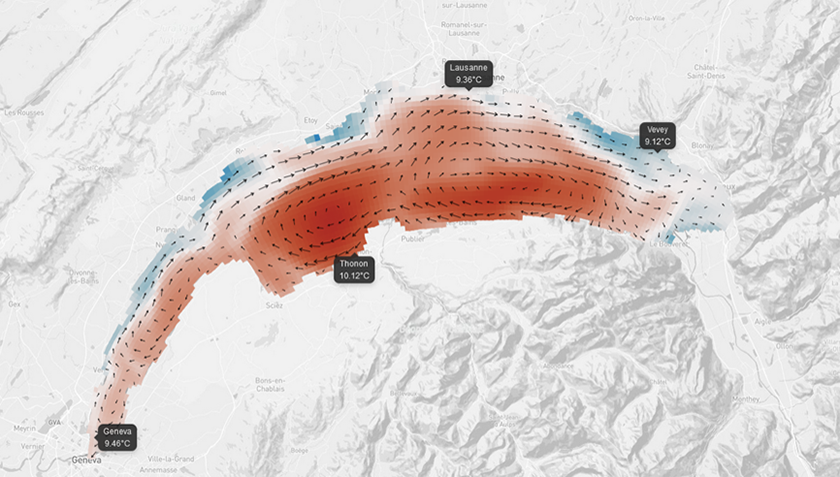
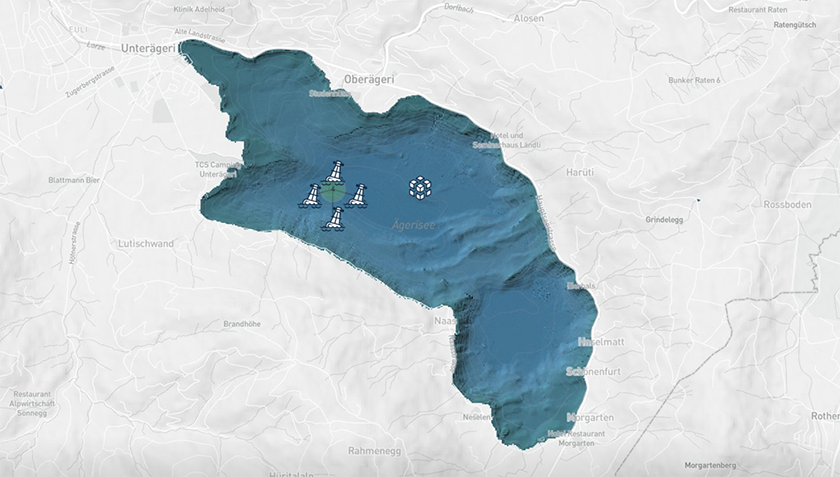
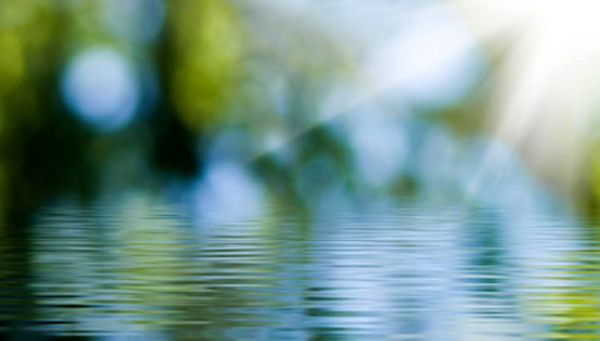


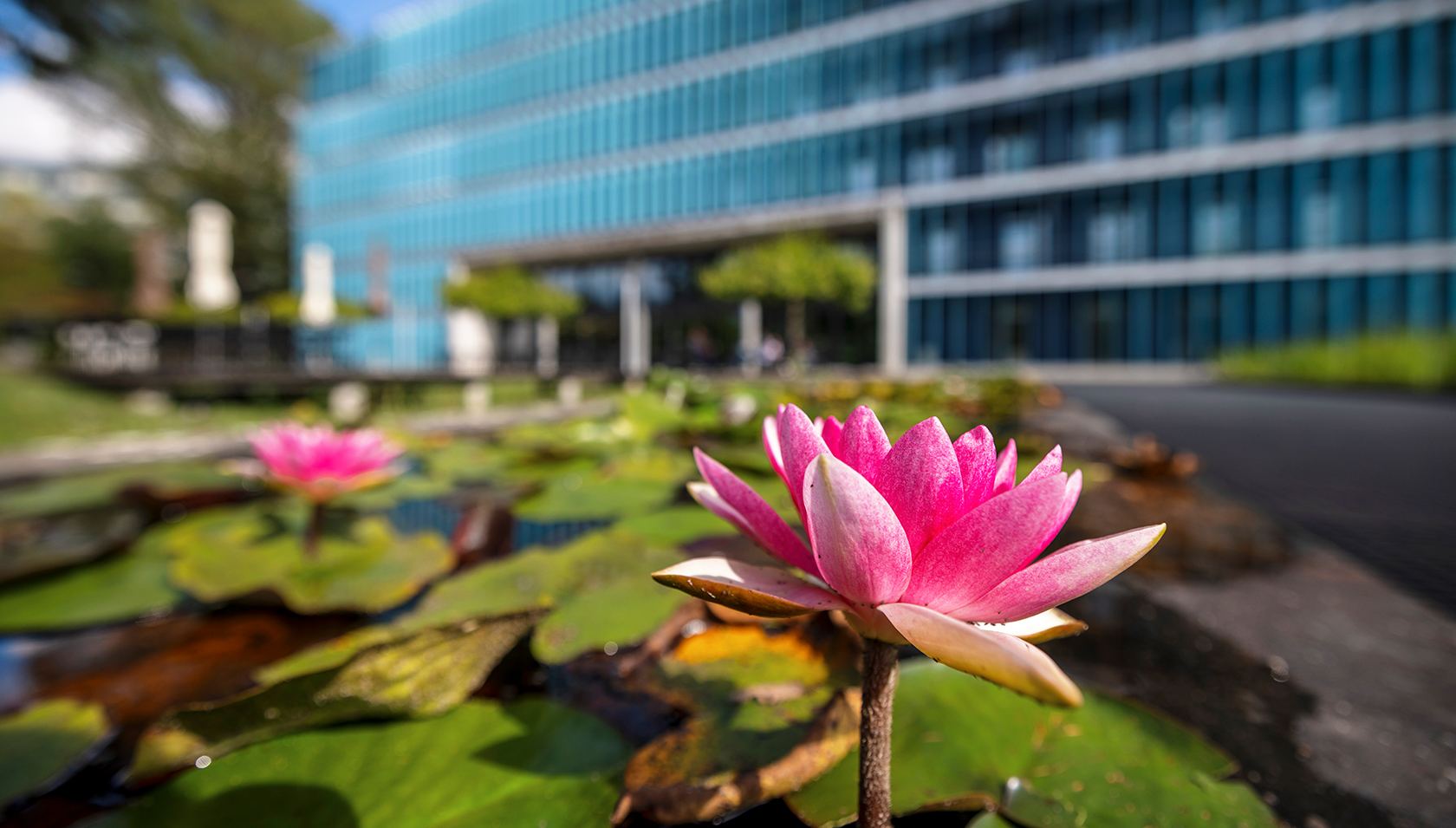




![[Translate to English:] Prinzipien mikrobieller Ökosysteme](/fileadmin/_processed_/9/3/csm_PriME_MSE_Project_Teaser_63cb90c181.jpg)






























